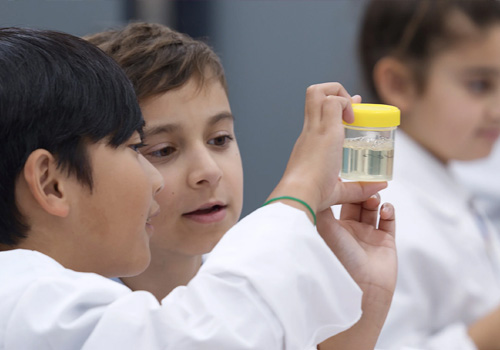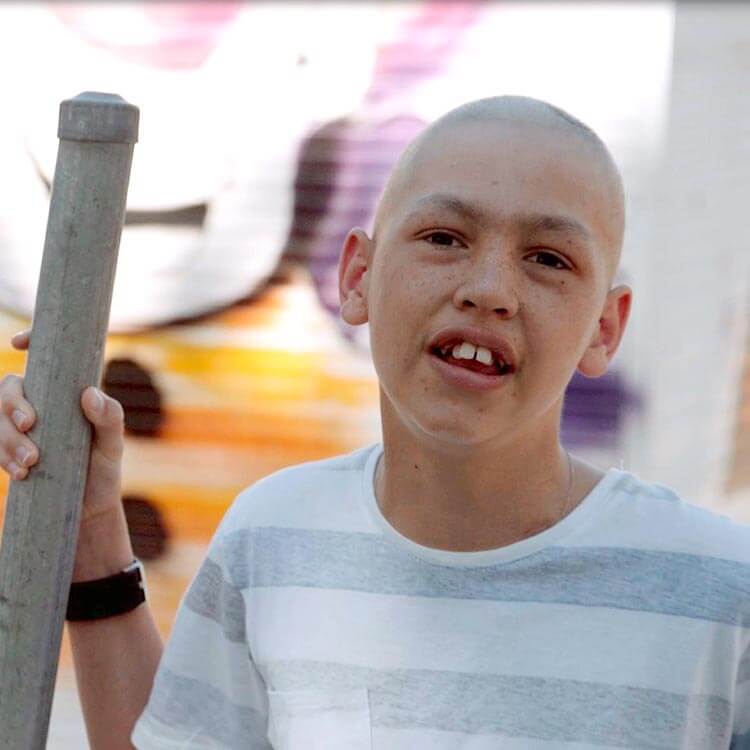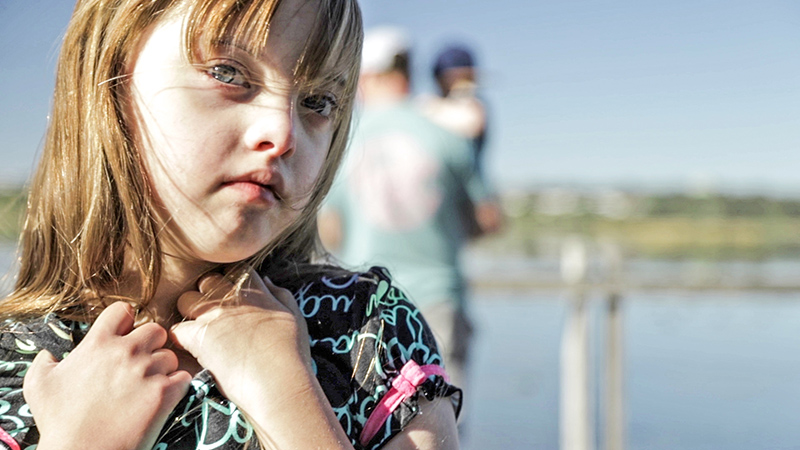Search

Everything you need to book an excursion for homeschool students at the The Kids Discovery Centre.

Everything you need to know to book a home schooler excursion at the The Kids Discovery Centre.

Everything you need to know to book a The Kids 'Meet a Researcher' incursion.

Everything you need to know to book an excursion at the The Kids Discovery Centre.

What would you discover to help a child? At The Kids, our researchers are committed to Cancer research that makes a real difference.

Ten-year-old Xander has been through more than most kids of his age – specifically, three-and-a-half years of gruelling chemotherapy to treat leukaemia.

Eight-year-old Mikayla is the miracle child her parents never thought they would have. They’d tried for seven years to have a baby, and when Mikayla was finally born they couldn’t contain their excitement or pride. The fact she had Down syndrome was secondary.

Our job is to find the answers. It's helping us change kids' lives. See the "why?"s we're asking and answering.
Western Australia’s biggest and only medical research institute dedicated to improving kids’ health and wellbeing, has rebranded to The Kids Research Institute Australia.
Learn how our research is preventing cyberbullying and supporting kids’ mental wellbeing
